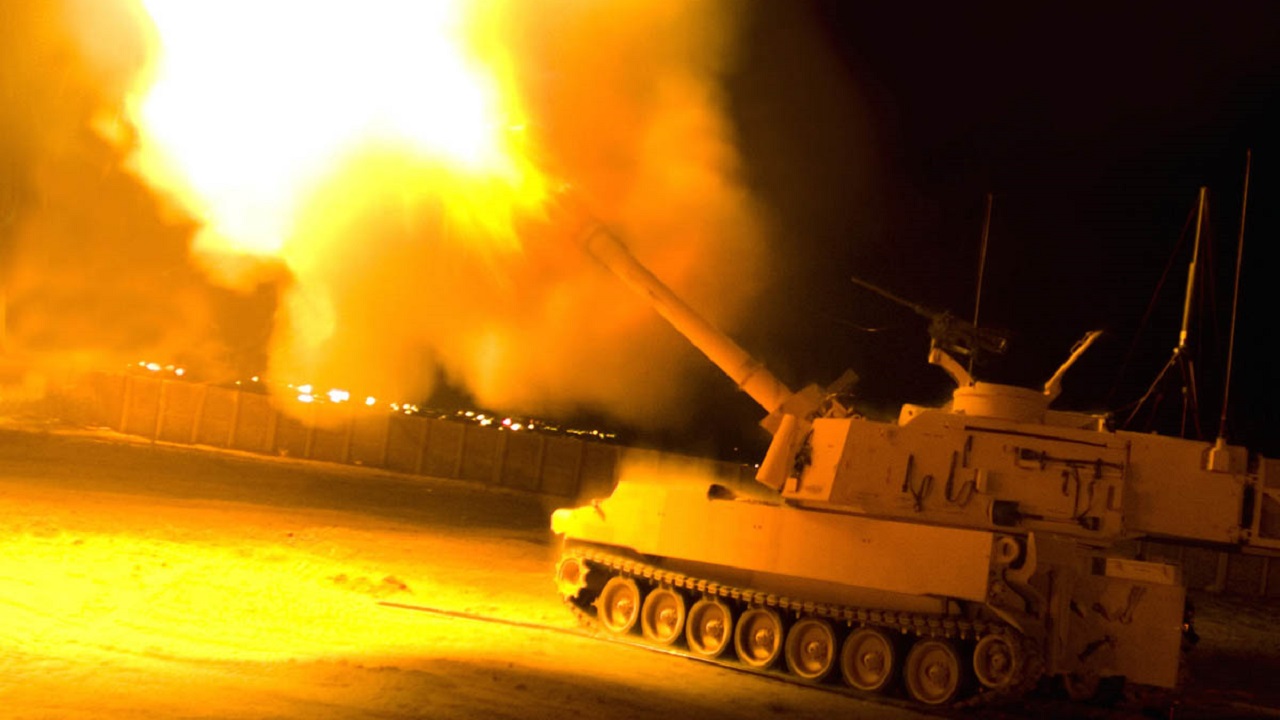Ukraine War Update: On day 154 of the Russian invasion of Ukraine, the Russian military is still looking for that elusive breakthrough in the Donbas, while the Ukrainian forces are setting up the conditions for retaking a major city in the south.
The Donbas and Russian Force Generation Troubles
In its daily estimate of the war, the British Ministry of Defense touched briefly on the situation in the Donbas.
The Russian forces haven’t achieved anything significant in the Donbas since the resumption of major offensive operations almost two weeks ago. What gains the Russian forces have achieved are only marginal and localized.
Moreover, the Kremlin continues to depend on mercenaries and private military companies for its offensive operations. This suggests that the Russian military is suffering from a serious force generation problem, and that private military companies, such as the infamous Wagner Group, which has been very active in Ukraine, are more successful in attracting recruits to fight. This could also create friction between the two parties to the overall detriment of the Russian campaign.
“Russian private military company Wagner has likely succeeded in making tactical advances in the Donbas around the Vuhlehirska Power Plant and the nearby village of Novoluhanske. Some Ukrainian forces have likely withdrawn from the area,” the British Military Intelligence assessed.
Russian Casualties
The Ukrainian Ministry of Defense claimed that as of Wednesday, Ukrainian forces have killed approximately 40,070 Russian troops (and wounded approximately thrice that number), destroyed 222 fighter, attack, and transport jets, 190 attack and transport helicopters, 1,738 tanks, 883 artillery pieces, 3,971 armored personnel carriers and infantry fighting vehicles, 258 Multiple Launch Rocket Systems (MLRS), 15 boats and cutters, 2,847 vehicles and fuel tanks, 117 anti-aircraft batteries, 726 tactical unmanned aerial systems, 75 special equipment platforms, such as bridging vehicles, and four mobile Iskander ballistic missile systems, and 174 cruise missiles shot down by the Ukrainian air defenses.
Russian casualties continue to pile up. At this rate, the Russian military is expected to have lost more than 50,000 troops killed and up to 150,000 wounded in action by the end of the summer. Taking into consideration that the Russian pre-invasion force was approximately 200,000, of which not all were frontline troops, it is evident that without some sort of partial or full mobilization, the Russian military would simply not have enough men to fight in Ukraine.
The Ukrainians might be very well waiting for that moment to launch a full-scale counteroffensive in the Donbas and reclaim any lost territories. Ukrainian President Volodymyr Zelensky and his government have indicated as much, having gone repeatedly on the record and stating that the primary objective of the Ukrainian forces is to liberate all of Ukraine, including Crimea, which was invaded and annexed by Russian forces in 2014.
From the Donbas to…Africa
But in its daily update, the British Ministry of Defense mainly focused on the overseas trip to Africa of Russian Foreign Minister Sergei Lavrov.
Besides the two combatants, the African continent is set to suffer the most from the war in Ukraine because of the food shortages and insecurity the Russian invasion has created. Before the war, more than 400 million people worldwide depended on Ukrainian grain and vegetable oil exports. And several African countries, including Egypt, were heavily reliant on that grain to feed their people. But the Russian invasion has put a stop in the Ukrainian grain exports and production.
“Russian Foreign Minister Sergei Lavrov is currently undertaking a tour of Egypt, Ethiopia, Uganda, and the Republic of the Congo,” the British Ministry of Defense stated.
“Russia will highly likely seek to exploit the visits to blame the West for the international food crisis and win the support of African states which have otherwise remained neutral about Russia’s invasion of Ukraine. Since 2014, Russia has made significant efforts to secure influence across Africa, with Wagner frequently deploying as one of its favoured tools of influence in the region,” the British Ministry of Defense added.
“Russia probably primarily engages with Africa because it believes it will enhance the ‘Great Power’ identity Russia aspires to. Its secondary goals are probably to secure commodity concessions and to persuade African states to vote in line with Russia’s interests in international forums,” the British Military Intelligence assessed.
1945’s New Defense and National Security Columnist, Stavros Atlamazoglou is a seasoned defense journalist specializing in special operations, a Hellenic Army veteran (national service with the 575th Marine Battalion and Army HQ), and a Johns Hopkins University graduate. His work has been featured in Business Insider, Sandboxx, and SOFREP.

